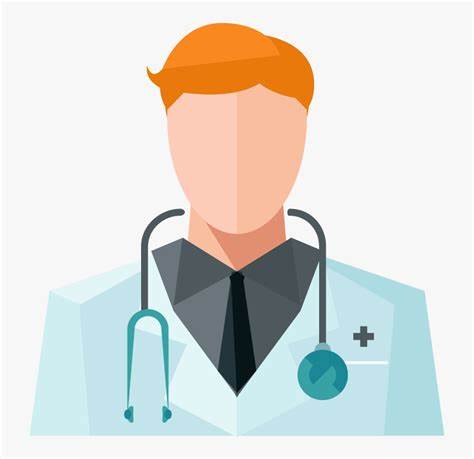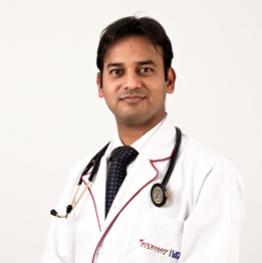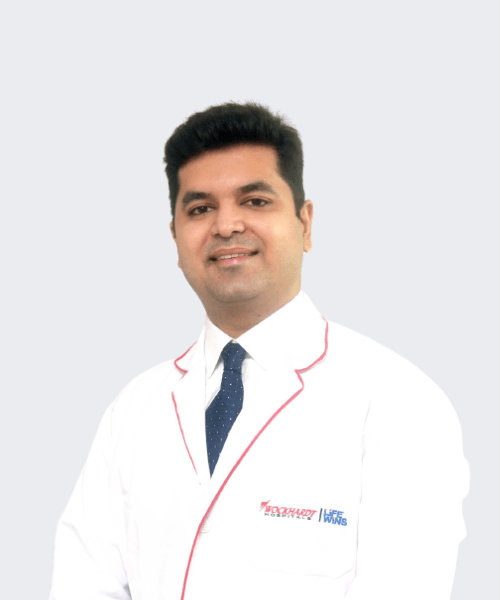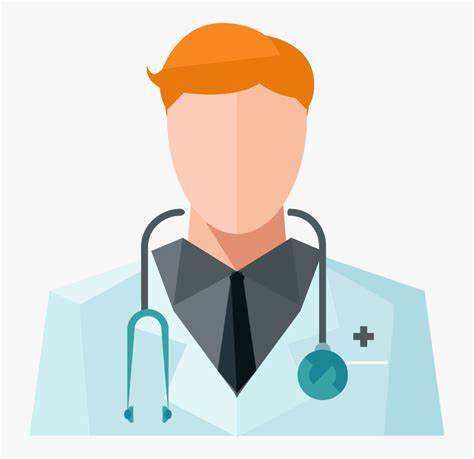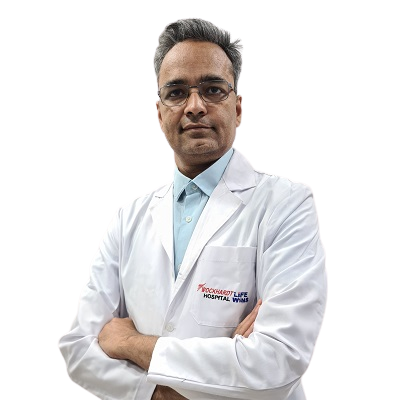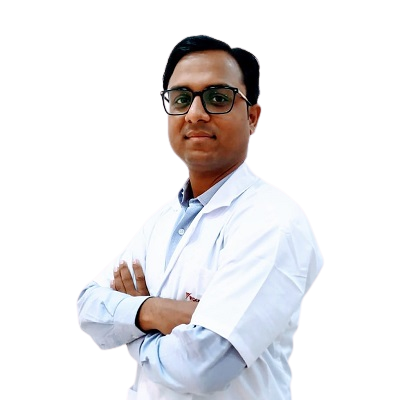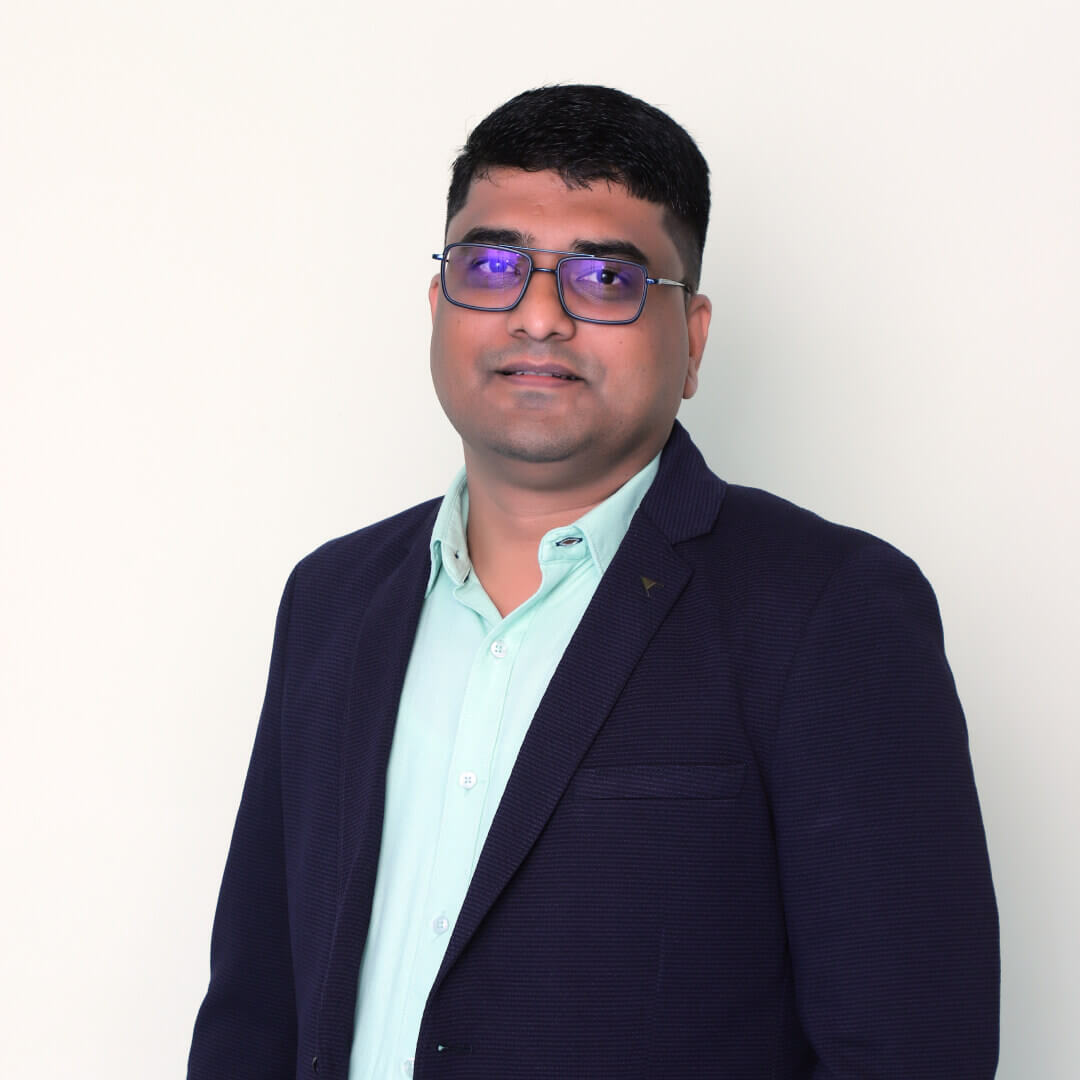Home » Speciality » Colorectal Surgery
BEST COLORECTAL SURGERY &
PROCEDURES IN INDIA
Wockhardt Hospitals’ Department of Surgical Gastroenterology is India’s premier location for colorectal surgery in India.
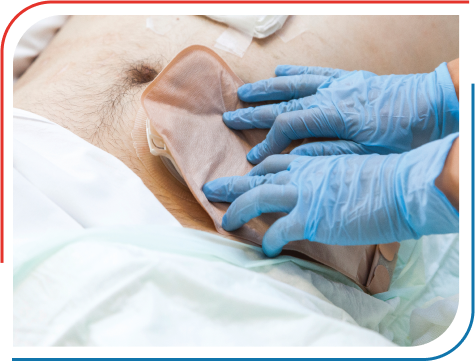
Why Choose Wockhardt Hospitals
for Colorectal Surgery?
Wockhardt Hospitals, a chain of excellent multispecialty hospitals, offers a variety of medical treatments, including colorectal surgery. For the treatment of colorectal cancer, we have a dedicated department for colorectal surgery which is equipped with highly advanced equipment. We have a group of skilled medical professionals who manage patients with various conditions before, during, and after surgery. Our state-of-the-art infrastructure, world-class medical facilities, and cutting-edge technology make our hospital a preferred healthcare facility for colorectal surgery.
Our specialist Dr. Pravin Gore offers the best colorectal surgery in India. He is specialized in BOTOX for anal fissures, Video Assisted Anal Fistula Treatment, Fissure treatment, and rectal prolapse. In addition to this, he is also an expert in Lap surgeries for cancer of the colon-rectal-anal canal and colonoscopy. Dr. Gore is an MBBS and DNB in General Surgery. He also trained and acquired a fellowship in Advanced Colorectal Surgery from the UK and Laparoscopic Colorectal Surgery from Rome, Italy.
Renowned Colorectal Surgeons
at Wockhardt Hospitals
Wockhardt Hospitals houses a cadre of distinguished colorectal surgeons known for their expertise and innovation for colorectal surgery in India.
- Mumbai Central
- Mira Road
- Nagpur
- Rajkot
What is Colorectal Surgery?
Colorectal surgeries are the operations performed to treat a part of your lower intestine tract that is diseased or damaged. Cancer, any deformity, rectal disease, an accident, or an infection could be the cause of this damage.
A variety of surgical procedures can be used during colorectal surgery. Given your general health and specific health situation, your surgeon will consult you to determine the best course of action. You might be recommended for open or laparoscopic surgery. The open operation involves making a significant incision in the belly, which is sometimes necessary for complex situations. On the other hand, laparoscopic and robotic colorectal surgeries have the lowest rate of complications, which require small 2-4 incisions.
Depending on how well you recover, you can expect to spend several days in the hospital following a laparoscopic proctology surgery. Both adults and children can be recommended for these operations.
What are the main Symptoms
of Colorectal Disease?
Colorectal diseases might not have immediate symptoms, but if it does, you might experience the following
- Cramping or abdominal pain
- Sudden weight loss
- Rectal bleeding with bright red blood
- Weakness and fatigue
- Diarrhea, constipation, or narrowing in the stool.
- Irregular bowel movement
Colorectal conditions might often lead to bleeding in the digestive tract. The blood can occasionally be detected in the stool or make it appear darker. However, the stool frequently appears normal. Blood loss can accumulate over time and result in anemia, commonly known as low red blood cell count. A blood test revealing a low red blood cell count might occasionally be the first indication of a colorectal condition. Some people might also experience jaundice or troubled breathing.
Many of these symptoms can be caused by conditions other than colorectal conditions, such as infection, hemorrhoids, or irritable bowel syndrome. So, if you have any of these conditions, it is better to see the expert doctors at Wockhardt Hospitals. They will help you precisely diagnose and treat the problem.
What are the Causes
of Colorectal Problems?
Colorectal conditions occur when the DNA in cells of the colon or rectum mutates. That makes them unable to control growth and division. In some cases, the immune system attacks these mutated cells and dies. However, the cells that escape the attack grow abnormally, forming a colon or rectum tumor.
Some colorectal problems might not have a specific cause, whereas some may occur due to:
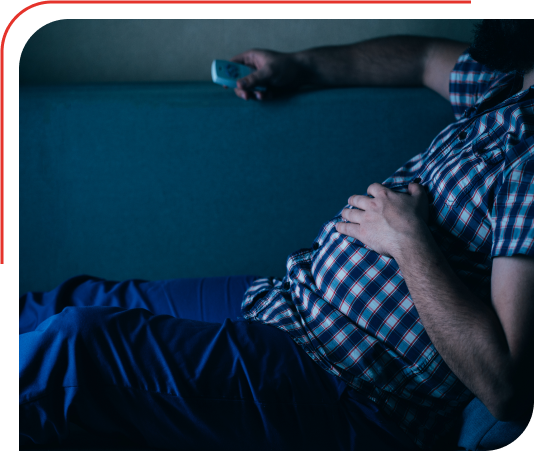
- poor diet,
- activity,
- smoking,
- alcohol abuse, and
- other bad lifestyle habits.
Treatments for
Colorectal Problems
The following are the treatments for the colorectal diseases:
- A damaged part of the colon or rectum can be surgically removed through a bowel resection. Sometimes, the surgeon must additionally perform a colostomy since the remaining pieces of the colon and rectum cannot be reattached. A stoma, or artificial opening on the body's exterior, is made during a colostomy so excrement can pass through.
- The main method of treatment for inflammatory bowel disease is drug therapy. There are numerous varieties of medicine accessible, which include anti-inflammatory drugs, immune system boosters, antibiotics, and probiotics.
- Hemorrhoids can be removed through hemorrhoid surgery, also known as hemorrhoidectomy, if other therapies, such as topical medication and dietary changes, have failed to control the condition.
- To treat ulcerative colitis, ileoanal anastomosis surgery, commonly known as J-pouch surgery, is frequently performed. It enables patients to continue having regular bowel movements after removing their colon and rectum without needing a colostomy.
- Microbiota transplants, commonly known as fecal transplants or stool transplants, include the treatment of colitis and diarrhea caused by Clostridium difficile. During the operation, feces from a healthy, authorized donor is given to a patient who has a C. difficile infection. The transplant enables the healthy C. difficile bacteria that have taken over the recipient's colon to be replaced with the helpful bacteria found in the donor's colon.
- For those with fecal incontinence, chronic constipation, or rectal pain, pelvic floor physical therapy is an efficient non-surgical solution.
- Endoscopic mucosal resection is a technique used to remove diseased or malignant tissue from the colon and other parts of the gastrointestinal tract.
What is the Procedure for
Colorectal Surgery?
The most common procedures used for proctology surgery are :
- Open Surgery
Open proctology surgery is typically used when minimally invasive procedures fail or are infeasible. This might be required if the area or amount of damage is too great for laparoscopic or robotic surgery to handle or if the treatment requires the surgeon to observe a greater region.
- Laparoscopy
The most popular and preferred technique for colorectal surgery is this one, and many medical professionals favor it. Most of the time, only one incision is necessary, and most of the procedure is performed using minimally invasive tools like a laparoscope, camera, and other medical equipment that the surgeon controls from a distance. Laparoscopic surgery requires a shorter recovery time than conventional open operations, and it also has fewer postoperative risks and complications.
Yet not everyone will be a good fit for laparoscopic surgery, which is typically not an option for patients with multiple abdominal procedures or other organ involvement, such as adhesions that have spread to nearby organs.
- Robotic Surgery
Another minimally invasive approach is robotic proctology surgery. With both utilizing cameras and surgical equipment through a single or few incisions, robotic surgery and laparoscopic surgery share many similarities. This method offers improved post-operative healing and fewer problems in most circumstances.
Laparoscopic surgery is less precise than robotic surgery, but robotic surgery gives the physician a sharper, more accurate vision of the surgical site and better control over the surgical instruments for desired medical outcomes.
What Tests are done
before Proctology Surgery?
The following tests and methods can be used to detect and diagnose the colorectal disease:
- A thin, flexible tube (called a colonoscope) with a camera attached allows doctors to view the colon and rectum during a colonoscopy. Doctors can inspect the whole colon during a colonoscopy.
- Similar to a colonoscopy, sigmoidoscopy, also known as flexible sigmoidoscopy, uses a camera attached to a colonoscope to screen for or diagnose several types of colorectal disease.
- Endoscopic ultrasonography, or EUS, combines endoscopy and ultrasound to produce detailed pictures of the digestive system.
- A procedure called capsule endoscopy involves swallowing a pill-sized capsule with a tiny camera that is used to take images of the digestive system.
- The anus and rectum muscles are tested using anal manometry to see how well they are functioning.
FAQs on Colorectal Surgery in India
Q. Is colorectal surgery risky?
Colorectal surgery procedures have some risks involved.
- Bleeding – If the doctors can’t stop the bleeding, they might need to remove a part of the section.
- Blockage – When your intestine gets blocked, food and liquid cannot pass, which might cut off the blood supply causing the tissue to die.
- Blood Clots – Blood clots are possible complications after surgery. It might block the normal blood flow through the veins.
Some other complications include – shortness of breath, chest pain, loss of appetite, high fever, cough, feeling sick, swelling, etc.
Q. Is colorectal surgery painful?
Q. Should I expect bleeding after colorectal surgery?
Q. Can I go to work after one week of surgery?
Q. Do’s and don’ts before colorectal surgery?
Some do’s before the colorectal procedures –
- Take all the necessary medications as directed by your doctor.
- Have light breakfast
- Ask your doctor and discuss the risks and complications.
- Follow your doctor’s advice strictly for better outcomes
- Reach on time for the surgery
Some common don’ts before colorectal surgery are –
- Do not eat or drink anything the night before the surgery.
- Don’t eat solid food one day prior.
- Don’t hide any medical problems you have and the medication you are taking
- Don’t drink alcohol or smoke for at least 2-3 days before the surgery




